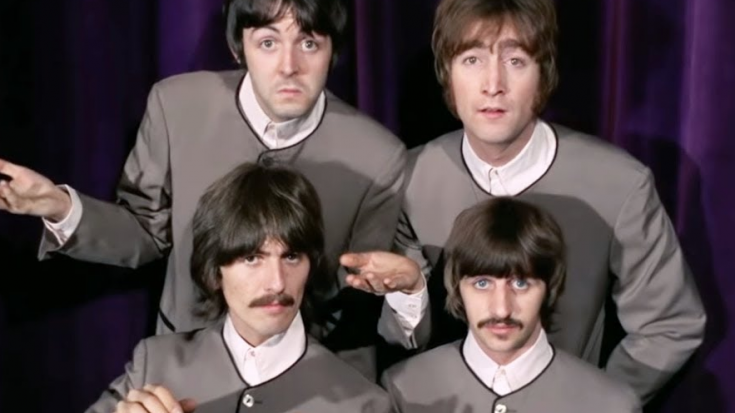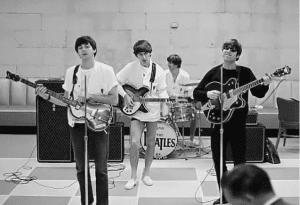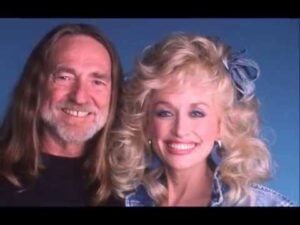The Most Political Beatles Songs Created

via The Beatles / Youtube
John Lennon tried to convey a profound statement to the world by singing, “All you need is love, love is all you need.” Although several of The Beatles’ songs were banned due to drug and sexual themes, the fab four rarely put out politically charged material. John Lennon was a prominent advocate of nonviolence and human rights, although he mostly did it post-Beatles. The band rarely overtly voiced political leanings, but they did release some songs that were quite good at expressing such. Check them out.
“Taxman” – Revolver (1966)
In “Taxman,” The Beatles first made a statement through their music about political issues. George Harrison did the bulk of the song’s writing, with some assistance from John Lennon. The song was written by Harrison as a statement against the progressive tax system in the United Kingdom, which at the time was absorbing a sizable chunk of The Beatles’ income. That these contributions were being used to purchase military weapons really enraged him.
“Blackbird” – White Album (1967)
Paul McCartney composed “Blackbird” for the White Album, released in 1968. McCartney penned the song to show his solidarity with the Civil Rights Movement in the United States in the 1960s. After watching footage of the Little Rock nine and the little girl being taken into the recently desegregated school, the title occurred to him. As “bird” is British slang for “girl,” he used this to refer to an African-American child.
“All You Need Is Love” – Single (1967)
Despite “All You Need Is Love” lack of overt political overtones, its lyrics advocated peace and love throughout the Vietnam War. The Rolling Stones, the Who, and the Small Faces were among the guests during a memorable performance of this song by The Beatles and friends in psychedelic attire.
“Revolution” – Single (1968)
“Revolution” is The Beatles’ most obviously political song. Lennon penned the song in response to anti-Vietnam War demonstrations in the United States. The song advocated for social change but criticized the use of violence to achieve it.















